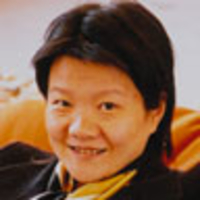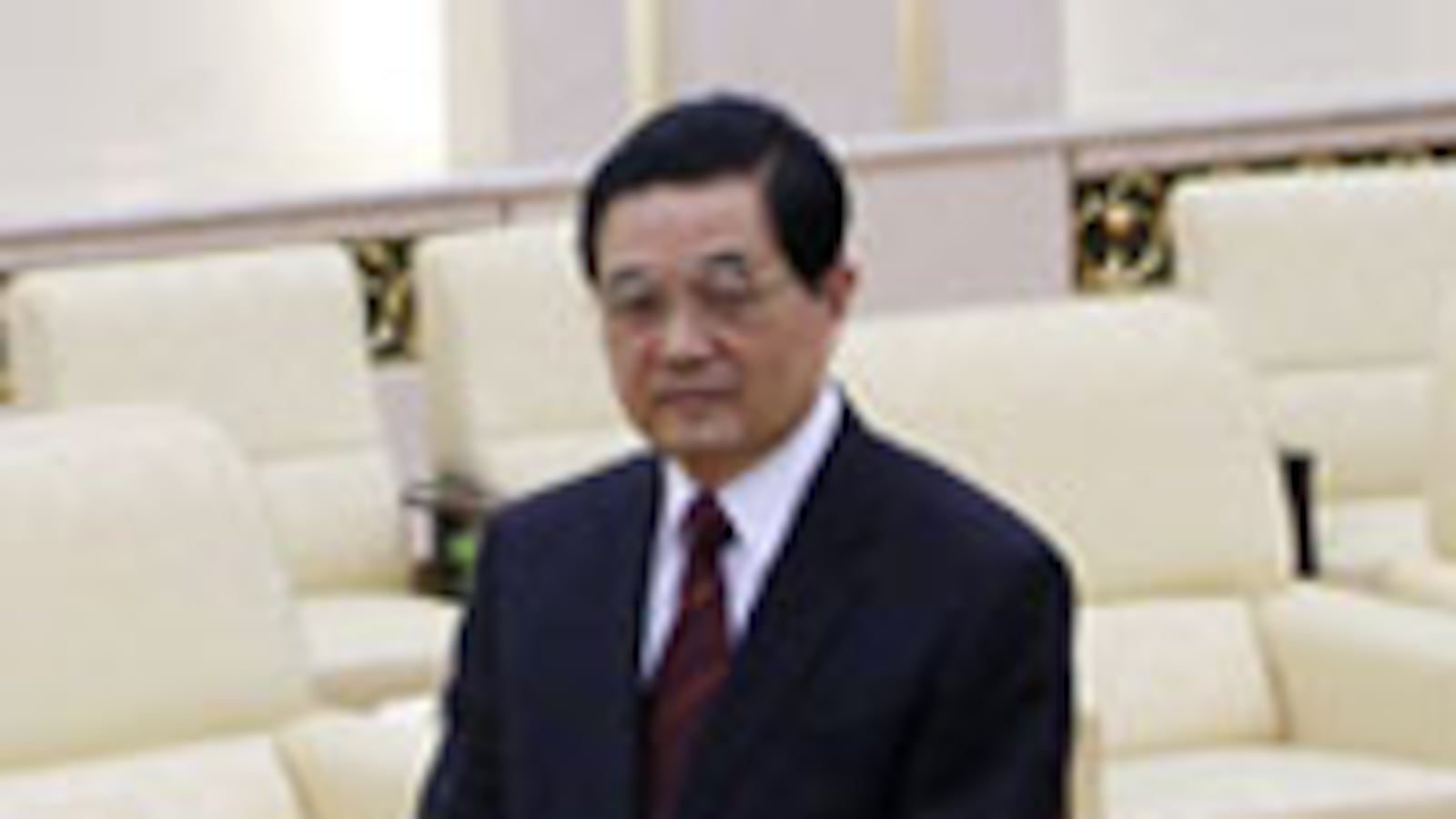
Who is Hu Jintao? The Chinese president, who is in Washington for meetings with President Obama on Monday as part of the nuclear summit, is something of a mystery, both for Westerners and Chinese.
In fact, as far as Hu is concerned, it is safe to say that we Chinese know as much as Americans. As The New York Times reported, we can’t even find any word starting with the character “hu” in a Google search now—not even huluobo, which means carrots.
It has suddenly dawned on us that Hu’s “development in a scientific way” means “yes” to a market economy and “no” to democracy.
President Hu, of course, is being blamed for the disappearance of carrots on Google in China. He is known to be extremely conservative on freedom of the press and free speech. I think he is a moralist. Just months after he became China’s top man, he promoted a campaign within the Communist Party called “Three Stresses”—stress study, stress politics, and stress healthy trends. The campaign was a Stalinist purge, asking party members to report on their superiors and non-party members to report on party members. After the Three Stresses, Hu launched Eight Honors and Eight Shames—his own version of the Ten Commandments. During the campaign, Chinese of all ages were asked to memorize the Eight Honors and Eight Shames.
• Gordon G. Chang: China's Reign Ends Tomorrow• Peter Beinart: The Nuke Summit Is BoringRumor has it Hu is actually a practicing moralist, and so he practices what he preaches. His daughter is married to a Nasdaq billionaire, Mao Daolin, former CEO of the the Chinese Internet giant Sina.com. To keep them beyond suspicion of corruption, Hu exiled the couple to the United States and forbade them from being involved in business in China. Then there were other rumors that Hu’s son, Hu Haifeng, was embroiled in a scandal in Africa. Since Hu does not believe in freedom of the press, such rumors are censored in China.
Each Chinese leader has to invent a doctrine to justify the political status quo. Mao invented the class struggle, which reached its zenith during the Cultural Revolution. Deng Xiaoping invented the Four Modernizations, which justified the transformation of the planned economy to a market economy. Jiang Zemin invented the Three Represents, which more or less overturned communist doctrine by allowing “representatives of new economic forces” (read: capitalists) into the ruling class. Hu’s invention has been “development in a scientific way.”
“What the hell is that?” you might ask. Well, I think 1.4 billion Chinese would also like to know. Hu was trained as an engineer, so science is good. You might think of it as “sustainable” and “green,” a win-win. But as we come to the end of his term, after we witnessed Hu reviewing a military show of force during the 60th birthday of the People’s Republic, it has suddenly dawned on the Chinese that “development in a scientific way” means “yes” to a market economy and “no” to democracy. That will be Hu’s legacy—he is morally against political reform. And he thinks that is very scientific.
Huang Hung is a columnist for China Daily, the English language newspaper in China. She is also an avid blogger with more than 100 million page views on her blog on sina.com.





